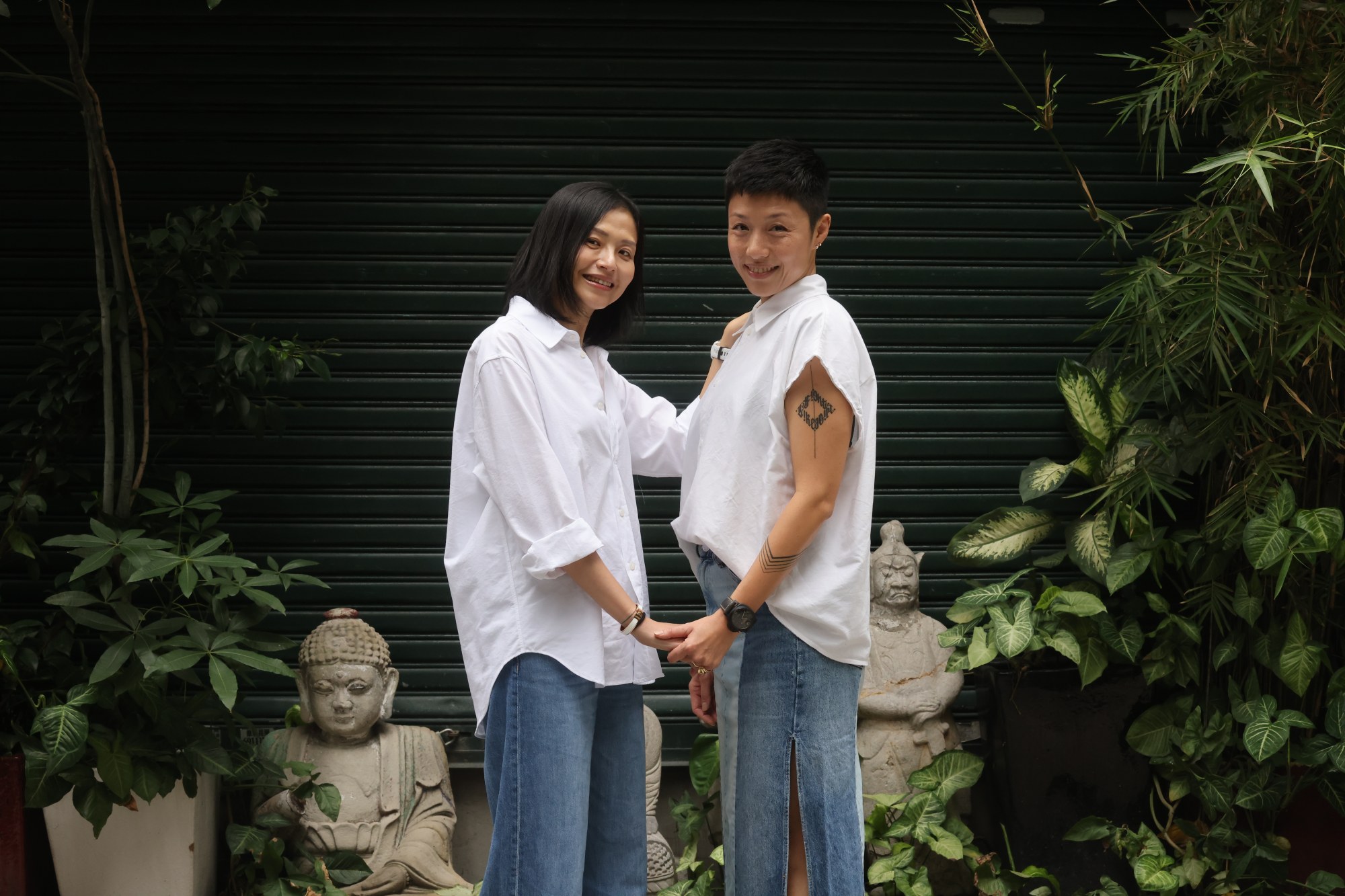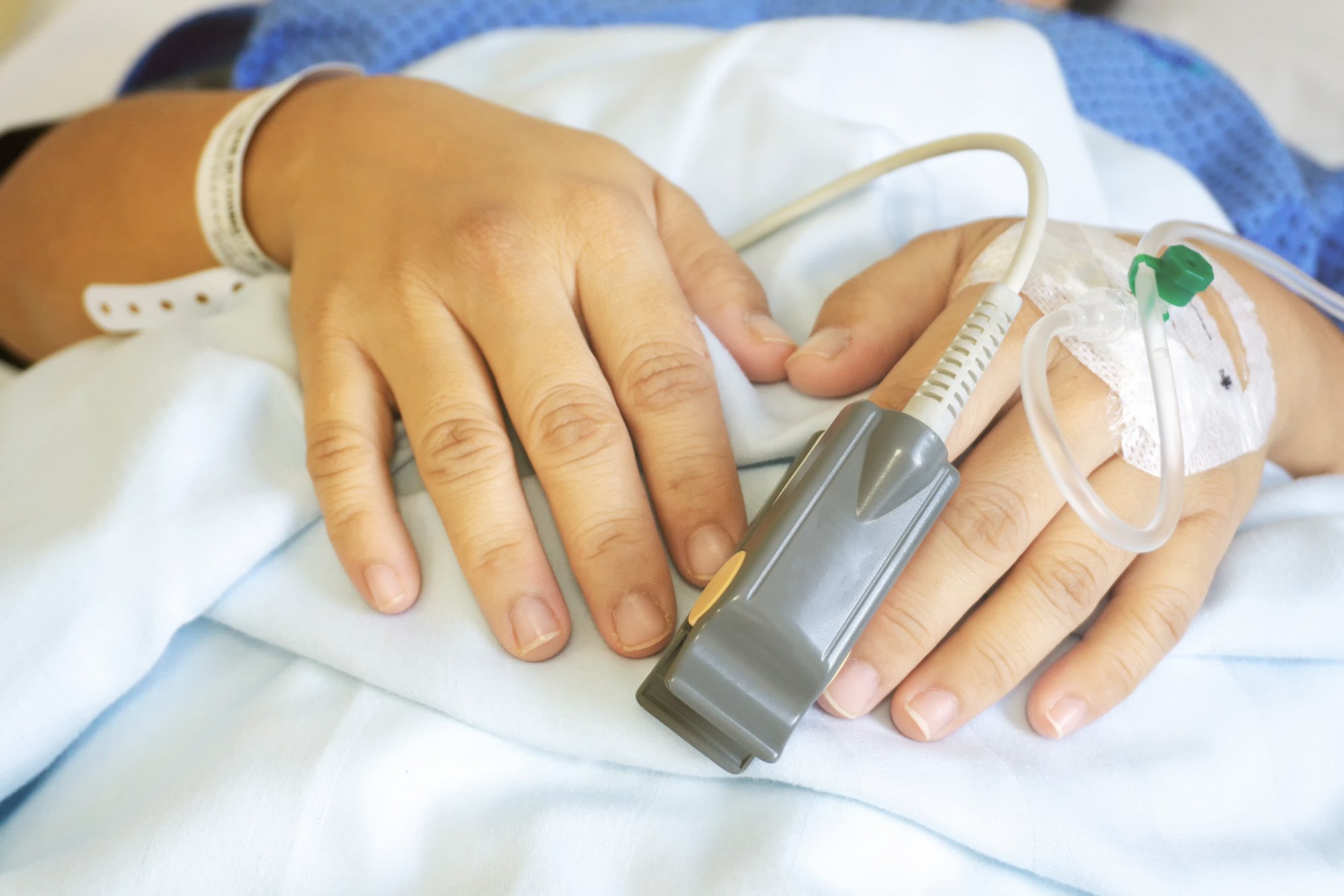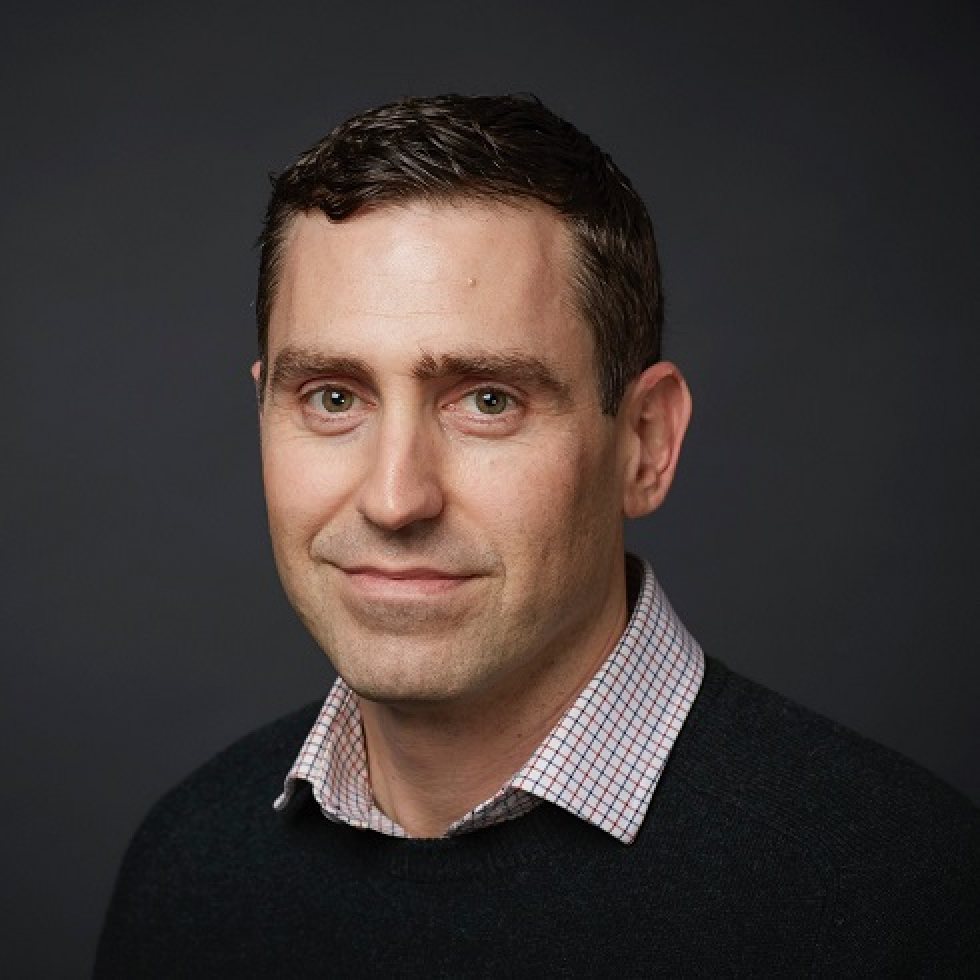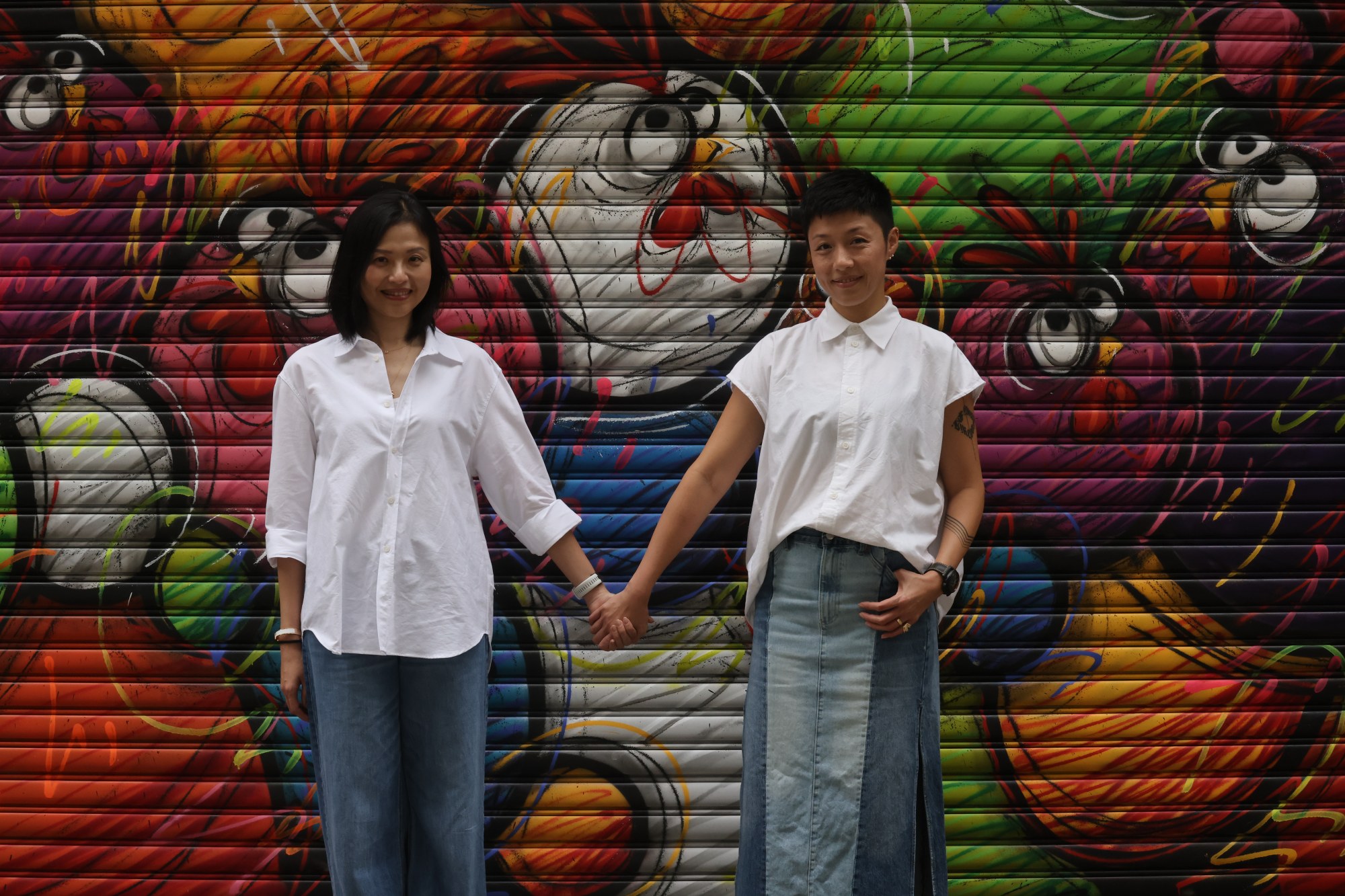
How to survive cancer: you need a support network to stave off anxiety and loneliness and keep on top of treatments
- Without support, patients find cancer care ‘a lonely journey’. Experts say we need to make sure informal carers are more involved in the next pandemic
- Two women, who were diagnosed with breast cancer around the same time during the pandemic, reveal how they provided emotional support for each other
Jamie Cheung describes her struggle with breast cancer as one of the loneliest periods of her life.
Fortunately for Cheung and Ho, they had each other to lean on for support during this challenging time. Both women also received help from their families at home, and, since they were patients at a private hospital, they were allowed one visitor each after their surgeries and did not have to attend chemotherapy treatments alone.

This made a big difference in their recovery.
“I was terrified when I was diagnosed with breast cancer, and when I was undergoing chemotherapy and targeted therapy, I felt lethargic and depressed. Thankfully, I had Jamie, my husband and my sister to help me through the really bad days,” shares 45-year-old Ho, who is also a stay-at-home mum.
How Hong Kong men can help wives overcome breast cancer fears
Cheung is also grateful to Ho, who she says gave her “hope” and told her that she could beat the disease.
“Having been diagnosed almost a year before me, Vivian showed me that life could return to normal,” explains Cheung, who had chemotherapy and radiotherapy and is currently undergoing a decade of hormone therapy.
“I was clueless about the disease and the treatment process, but Vivian shared her knowledge and experience with me. Sometimes, she even accompanied me to chemotherapy sessions, which I appreciated, because getting treatment for cancer felt especially lonely during the pandemic.”

Cheung and Ho are lucky – a recent study by the University of Sydney in Australia and Duke University in the United States found that people living with cancer suffered considerable stress during the pandemic because of rules preventing a family member, support person or “informal carer” from attending appointments and treatment.
The study was published in Clinical Cancer Research, a journal of the American Association for Cancer Research.
The study was conducted in Australia and the United States, but the situation in Hong Kong was not much different. To ensure patients’ and healthcare providers’ safety, hospitals and clinics in the city had to reduce the number of in-person visits and restrict visitors from accompanying patients.
‘I put myself last’ – how breast cancer taught mum to take care of herself
Social distancing regulations also limited or disrupted personal contact between cancer patients and their informal care providers and other supporters.
According to a survey by Queen Elizabeth Hospital, most cancer patients in Hong Kong reported social distancing-related declines in physical, psychological and dietary wellness.
The University of Sydney study made clear that, for many cancer patients, comprehensive support from family and friends makes the difference between coping and not coping.

This, combined with lockdowns and reduced mobility, erased critical social networks and supports.
For patients who were unable to take a support person with them to face-to-face appointments – because of hospital policies around visitors during the pandemic – these in-person appointments could be distressing.
My husband’s love and support helped me fight brain cancer
“We need to plan for the next pandemic and make sure that informal carers are not left out in the cold by infection-prevention measures,” Broom said.
“Rather than arguing about whether telehealth or in-person appointments are better, it is important to consider how we can use technology to include a support person in an appointment even if they are not able to be in the same room.
“And we need to talk to patients about what kinds of appointments they would prefer to be able to do remotely.
“We can learn from these difficult pandemic experiences and make cancer care better for patients and their support networks today and in any future global health emergency.”

Battling cancer can be a difficult and isolating experience, which is why it is important for patients to receive support from people other than their doctors and healthcare providers, says Hong Kong-based psychologist Dr Adrian Low.
“Informal carers give cancer sufferers emotional support by listening to their fears and guiding them through stressful or anxious periods,” he says.
“They also provide companionship and practical assistance, such as help with housework, meals, childcare and so on.
“In addition, they provide assistance with the patients’ medical needs, helping them to navigate the healthcare system and keep track of their appointments and medications, and providing transport to and from hospital visits and treatments.”
The warning signs of stress, how it can make you ill and what to do
Such support is essential to improving cancer patients’ emotional well-being and quality of life. It also aids in their recovery.
Low says that receiving support can reduce feelings of isolation and loneliness, give patients a sense of connection and belonging, and help them feel more in control of their health and situation.
Having a support system also helps reduce patients’ stress and anxiety, which may have a positive impact on their physical health and recovery.

Although the World Health Organization has declared the Covid-19 global health emergency over, the virus is still widespread and people with weakened immune systems, including cancer patients, continue to be at a greater risk of serious Covid-19 illness.
While it is important to take precautions when visiting or spending time with friends and loved ones with cancer, it does not mean you cannot give them support, Low says.
“Offer to accompany them to hospital appointments or treatment sessions, or take them out or visit them to take their mind off what they’re dealing with.
“They may also appreciate assistance communicating or coordinating with healthcare providers and help with household chores, errands, childcare and pet care.”
Hong Kong lowers response level for Covid-19 pandemic from ‘emergency’ to ‘alert’
If you need to keep your distance from them, Low suggests sending them cards or emails to let them know you are thinking of them. You can also listen to them when they need to talk and give them emotional support.
Cheung says that any form of support goes a long way; even text messages and social media posts can help a cancer patient stay positive and strong.
Both Cheung and Ho are now in remission. They say that battling cancer during the pandemic has taught them to appreciate their family and friends more and to not take the love, care, companionship and support of others for granted, especially during difficult times.

“Having cancer is difficult enough, and cancer patients shouldn’t have to deal with their health challenges alone,” says Cheung.

